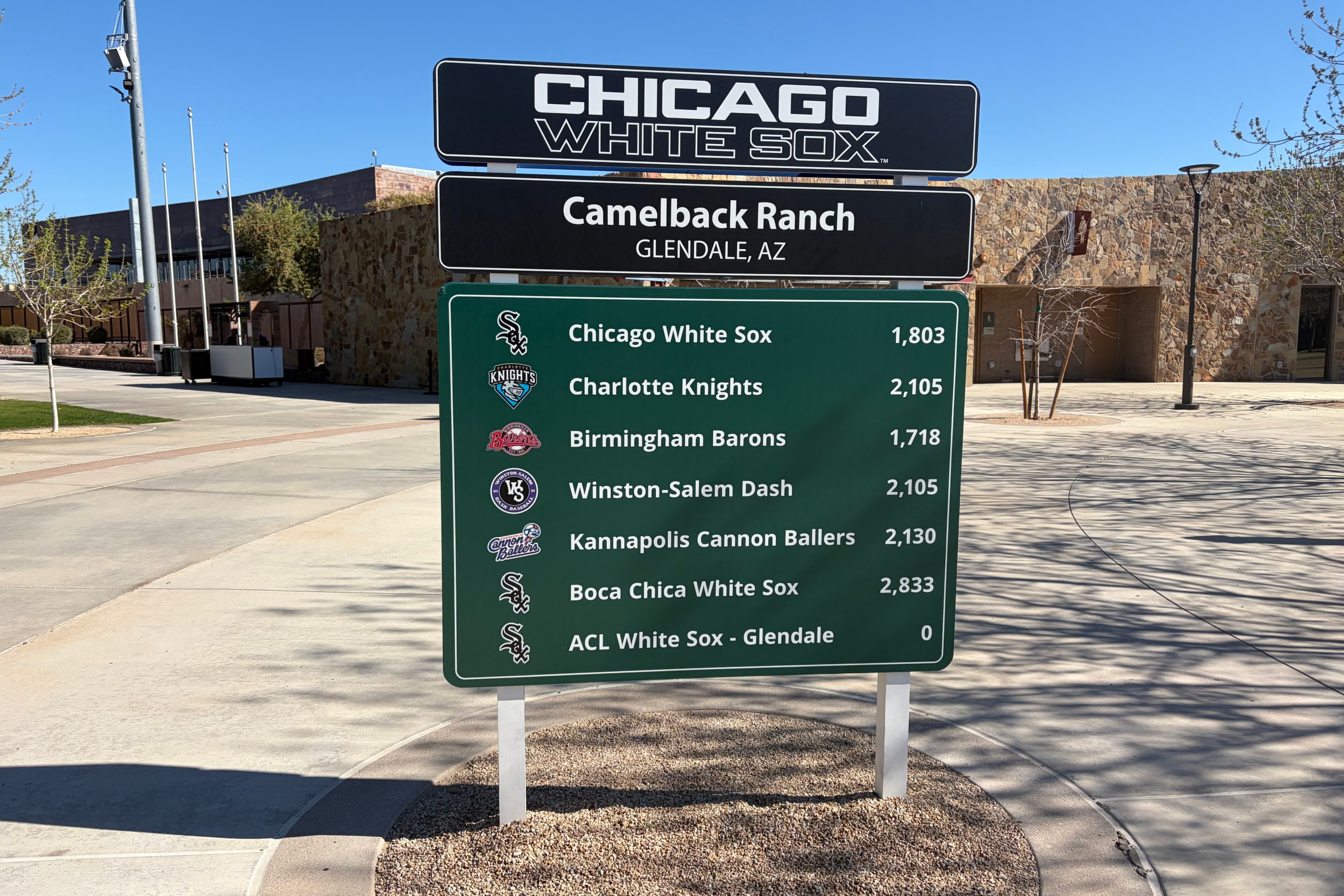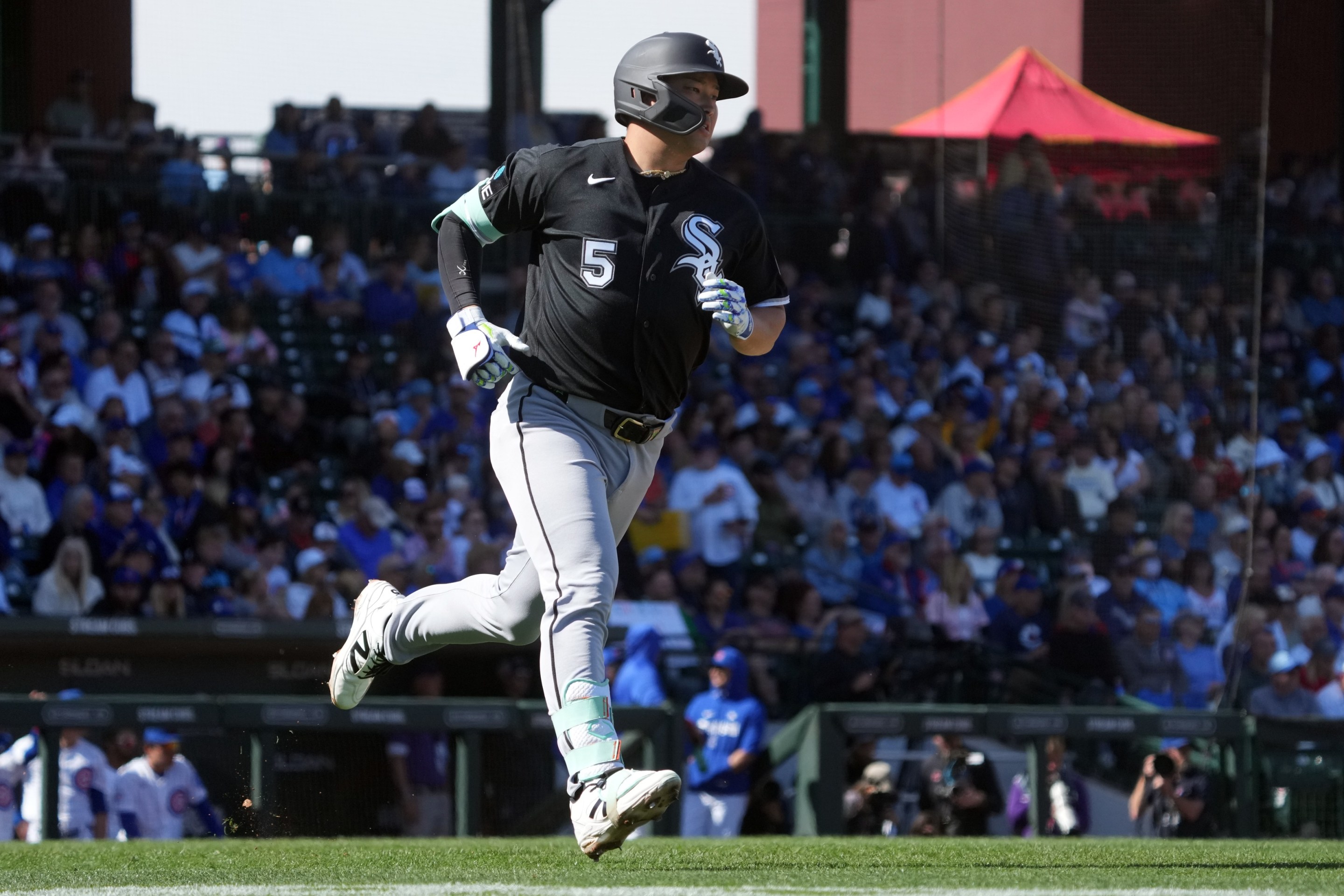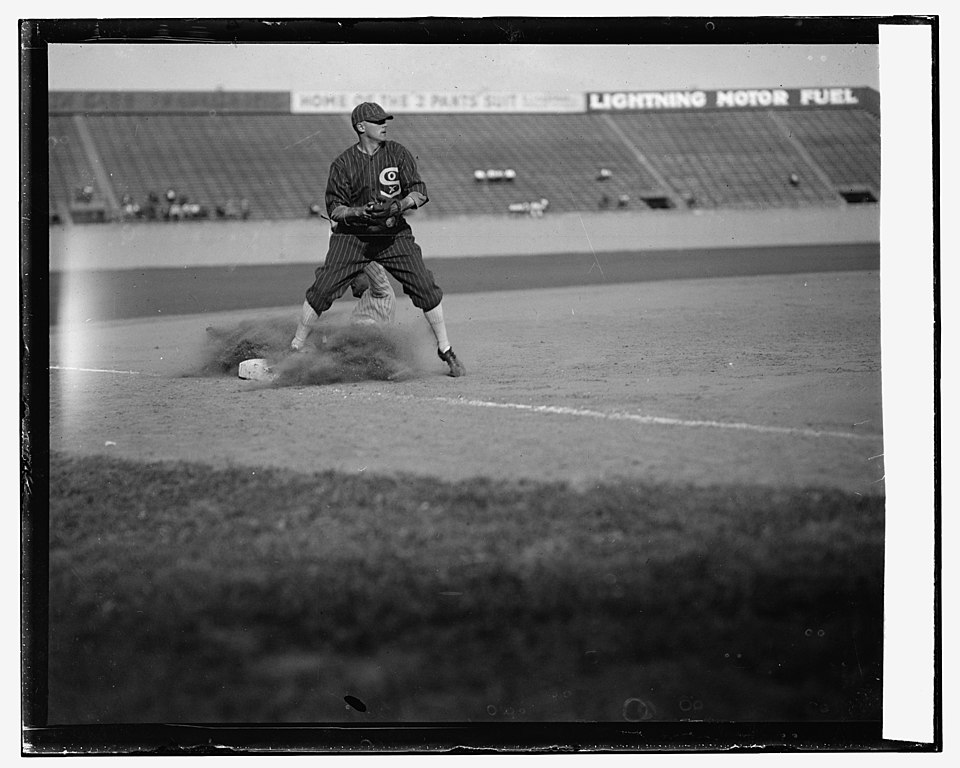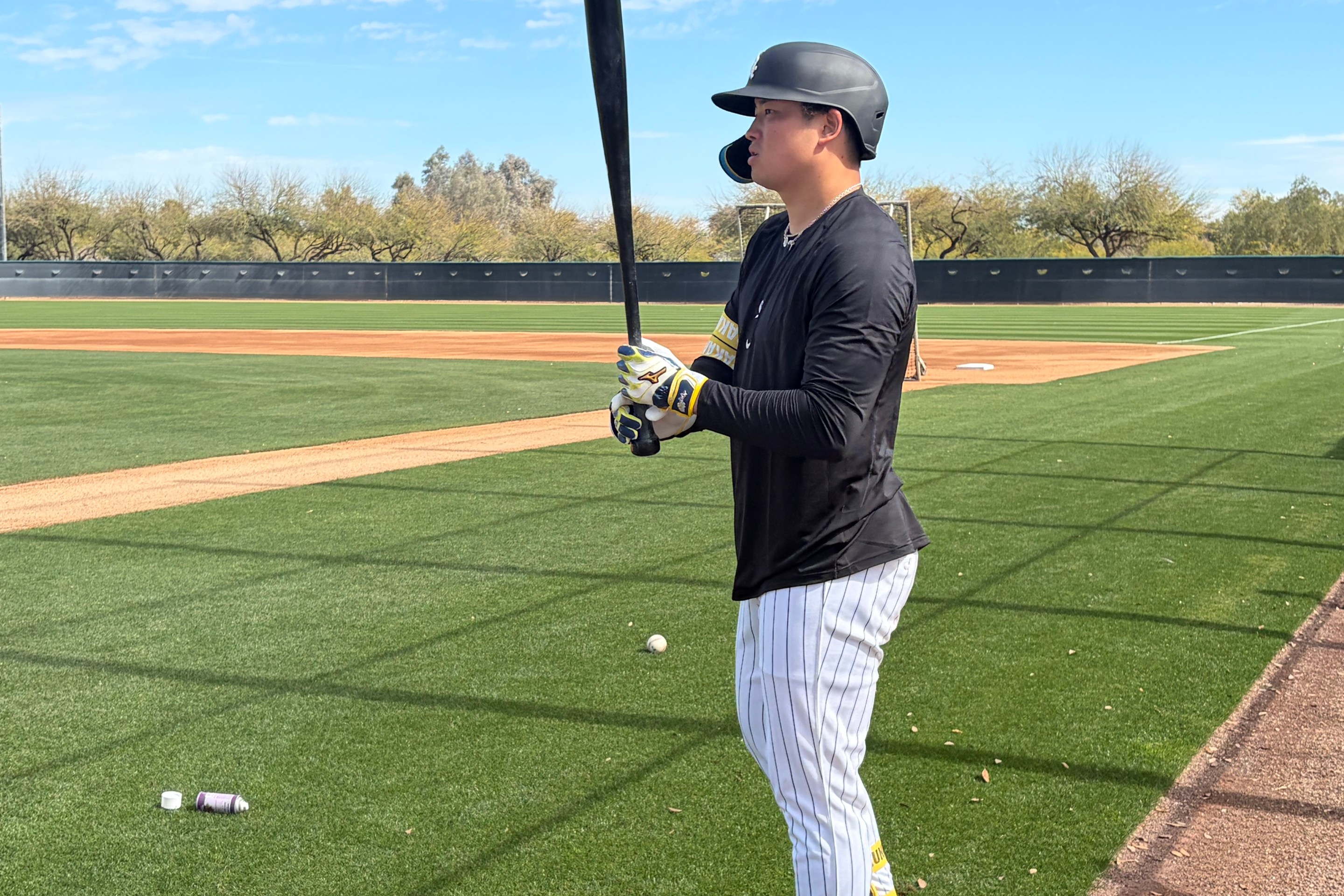The White Sox announced a succession plan for ownership Thursday, an agreement for their regional sports network to be on Comcast Xfinity on Friday, and welcomed a full house for their typically popular Mexican Heritage Night. They've even won three out of their last four.
Compared to the last two years of prodigious losing and revenue uncertainty, White Sox executives are feeling their oats a bit.
"This is a very energized franchise," said Chief Revenue Officer Brooks Boyer. "It does create a healthiness to a team that's in a major market. We're a team in a major market and we want to compete. We know who we are and who we have been, and we obviously aspire to be something different as we go through this rebuild and put a better product out onto the field."
Boyer's central concern since the end of last season (and probably well before) was the absence of a carriage agreement between the brand-new Chicago Sports Network (CHSN) and Comcast, a provider he says represents 55 percent of the linear television market in this area. With Kyle Teel debuting during one of CHSN's Friday night All-Access broadcasts, showcasing the work of sideline reporters Brooke Fletcher and Connor McKnight in a much more robust production than the final days of NBC Sports Chicago, all on the first night the White Sox are available on Xfinity's Ultimate Tier, it almost feels a little coordinated.
"It's a great day for the organization, knowing that we can now reach more fans of the Chicago White Sox and show them some of the players that we have here across the diamond and on the mound, and get perhaps a greater understanding of where we're headed," said Chris Getz.
The Ultimate Tier is a step down in the breadth of reach that the White Sox had with Xfinity and NBCSC, requiring existing customers to pay an extra $20 per month to add a slate of channels that includes CHSN, though there is currently a promotional rate that cuts the added fee in half for the first few months. After over two months of season gone by without being available at all to Comcast customers, they'll take it.
"You can't say 'disappointment,'" Boyer said. "You'd much rather be on the Popular Tier than the Ultimate Tier. But with what has gone on with the RSN industry across the country, this is what has gone on with RSNs, getting on these higher tiers. If you want to put a positive spin on it, a lot of our viewership last year came from people on the Ultimate Tier, so you feel pretty good about that. You wish fans didn't have to pay more to upgrade to a higher tier, but what we ultimately try to do with the direct-to-consumer product is give people options. That was what we hoped to do with Comcast and all the other distributors is how can we get the games to more people."
A direct-to-consumer, streaming version of CHSN is still available for $20 per month for just the White Sox, or $30 per month for the Sox, Bulls and Blackhawks. Though a condition of the Comcast agreement is that CHSN is discontinuing their free over-the-air service in most relevant areas, cutting off a theoretically expansive means of access to customers priced out of the prevailing RSN model that almost all teams have turned to, including the Cubs.
From the perspective of a chief revenue officer, reaching a deal with Comcast unquestionably opens up a larger existing viewing base, and this new deal only represents the current state of affairs. A future where Comcast expands their offerings to allow a la carte additions of channels like CHSN, rather than requiring it to be purchased along with a suite of channels, is believed to be a possibility down the road.
Moreover, this is a team that has made it known that they believe the revenue from a new stadium is necessary for the sort of regular contention that has eluded the franchise for its entire history, and is currently running one of the lowest payrolls in the sport. So beyond the fan alienation element of the carriage dispute is a question of how much the revenue picture has changed for the White Sox in the last 48 hours, during which their RSN has meaningful distribution again, and they just issued a press release where Justin Ishbia's agreement on ownership investment is supposed to bring "capital infusions" that will serve to "pay down existing debt and support ongoing team operations."
For now, it's mostly too soon to get a specific explanation.
"I'm looking at the next three years, quite honestly; that's the healthiest way to stay on track and stay disciplined to the plan we have in place," Getz said. "It doesn't change my approach, our approach of building from within. And in due time when we want to round out the roster and make additions, we'll have those conversations and we know we'll be supported. But in the meantime, it's about continuing to acquire the best players that we can and the mechanisms you're given in this game and grow those players and build them up to be successful major league players."
Getz said he's met Ishbia in a few casual encounters, since after all he's long been a minority owner and attends games, but that his day-to-day operations will still see him report to Jerry Reinsdorf and conduct business as usual. When broached with the rejoinder that his intensive focus on organizational infrastructure would dovetail with larger investments into the team than say, signing Kyle Tucker this winter, Getz countered that he's wanted for nothing on that front.
"The last year and a half, the conversations we've had with Jerry -- and we'll continue to have those conversations on areas that need to be improved -- he's been nothing short of fantastic in regards to giving us the support," Getz said. "Look at what we've accomplished on the international side. You look at R&D support. You look at how we're supporting our major league club and player development. We're going to continue to talk as a group and find ways to improve. We've been supported, and I'm confident we'll continue to be supported."
Boyer similarly deferred on prognosticating how some impact of new investments will be seen in the White Sox fan experience, saying it's too soon to speak with clarity, since it might be long-term impacts of knocking out more tedious elements of the franchise's financial health.
"It's not sexy to say 'expiring debt,'" Boyer said on how the organization will be affected. "It will all play itself out."
But if everyone is simply making the logical initial conclusion that the White Sox's revenue situation is in a better spot now that they have a monied successor in place who is supporting team operations than they were before it, than there's not much to dispute.
"The goal here is to rebuild this thing the right way, to put a sustainable winning product on the field," Boyer said. "You've been around baseball a long time. It's a lot easier to do that when you do have capital infusion than if you don't. I look at it purely from a business perspective. Our job is to continue to make sure people are coming in here, that we're satisfying our sponsors, that our TV network and our TV broadcasts are as good as they can be, because that's going to drive revenue. Your revenue minus your operational expenses is your payroll, and that's what puts the team out on the field and you want to have them be able to compete to win."






